 Prescription drug abuse is incredibly common in the U.S. today. Many people first start using them for completely legitimate reasons, such as mitigating discomfort following surgery or managing a chronic pain diagnosis. Sadly, many widely prescribed drugs also carry a high addiction potential. This means they affect brain chemistry in a way that quickly trains the organ to depend upon the drug for regular functioning. This can lead those taking them to crave more and more to achieve the same effect and thus dangerously escalate their use over time.
Prescription drug abuse is incredibly common in the U.S. today. Many people first start using them for completely legitimate reasons, such as mitigating discomfort following surgery or managing a chronic pain diagnosis. Sadly, many widely prescribed drugs also carry a high addiction potential. This means they affect brain chemistry in a way that quickly trains the organ to depend upon the drug for regular functioning. This can lead those taking them to crave more and more to achieve the same effect and thus dangerously escalate their use over time.
If you or someone you care about could benefit from a prescription drug treatment center, contact Ray Recovery today. Our top-notch facility in Hudson, Ohio, offers outpatient substance abuse treatment in a variety of formats, and we are happy to answer your questions. Call us at 888.598.6299 to get started.
What Levels of Outpatient Care Are Possible for Prescription Drug Treatment?
Outpatient treatment for addiction to prescription drugs, like any rehab for a habit-forming substance, can be administered in a variety of ways. Meeting with a doctor or psychiatrist is a great first step in assessing what your needs are and what corresponding level of care will work best in moving you efficiently toward better health. Here is a basic breakdown of some of the outpatient treatment options, ranked from most to least intensive:
- Partial hospitalization programs (PHPs) – Often recommended for clients who have completed residential treatment but have serious ongoing treatment needs, PHPs provide both accountability and supervision. The offering generally lasts five to six weeks, and clients live at home rather than at a facility. They attend sessions onsite on a schedule similar to a full-time or heavy part-time job.
- Intensive outpatient programs (IOPs) – Usually running for eight to twelve weeks, IOPs require onsite appointments about three to five days per week for just a few hours each session. This flexible offering often features evening or weekend options that serve clients who want or need to return to work or school during regular business hours.
- Outpatient programs – The least intensive form of the treatment, this offering, nonetheless, can last as long as four months, giving clients a very supportive transition period in which they receive one-to-two-hour therapeutic appointments once or twice a week. It’s an ideal last step in aftercare following one of the more intensive treatment forms.


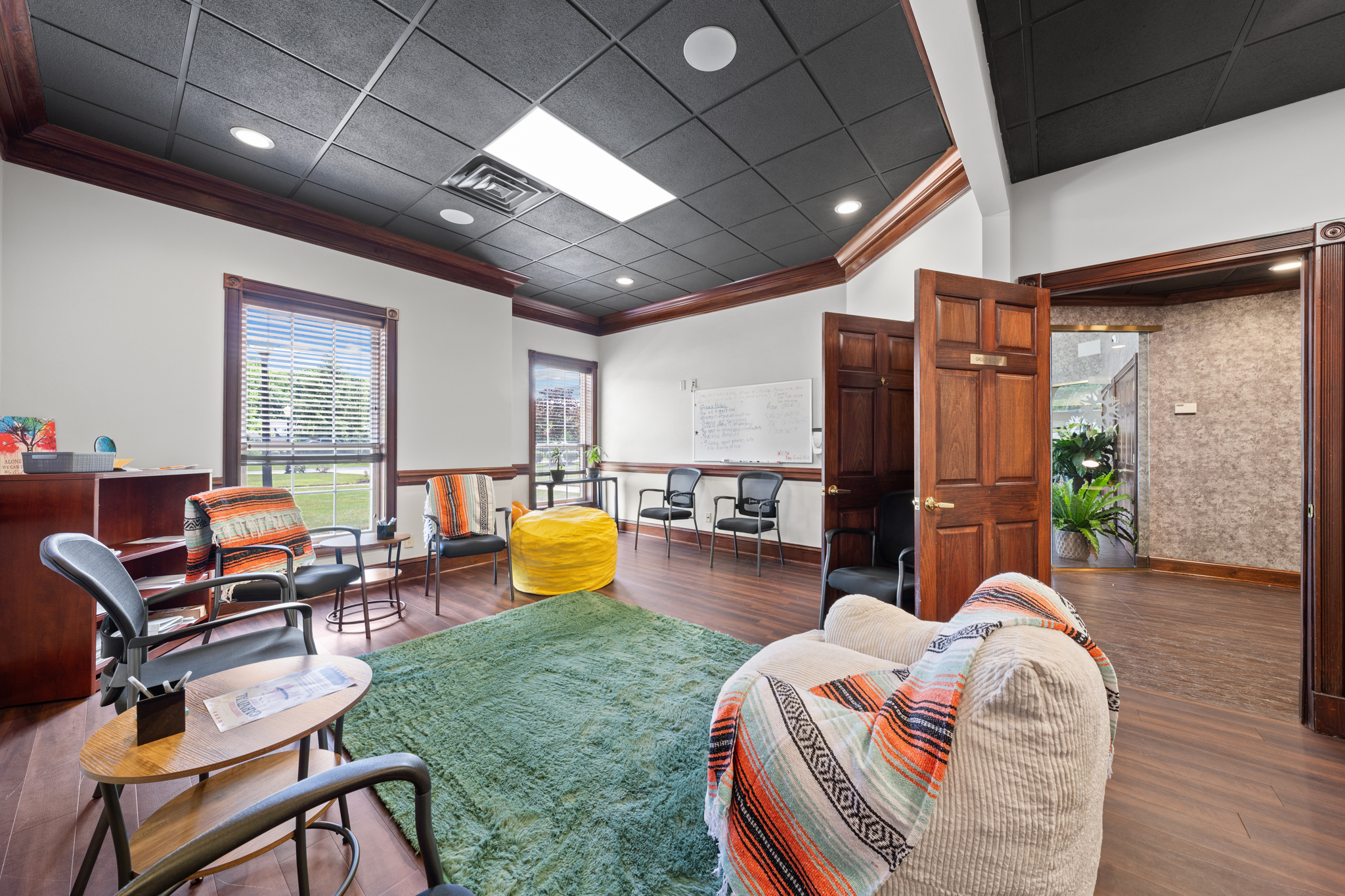
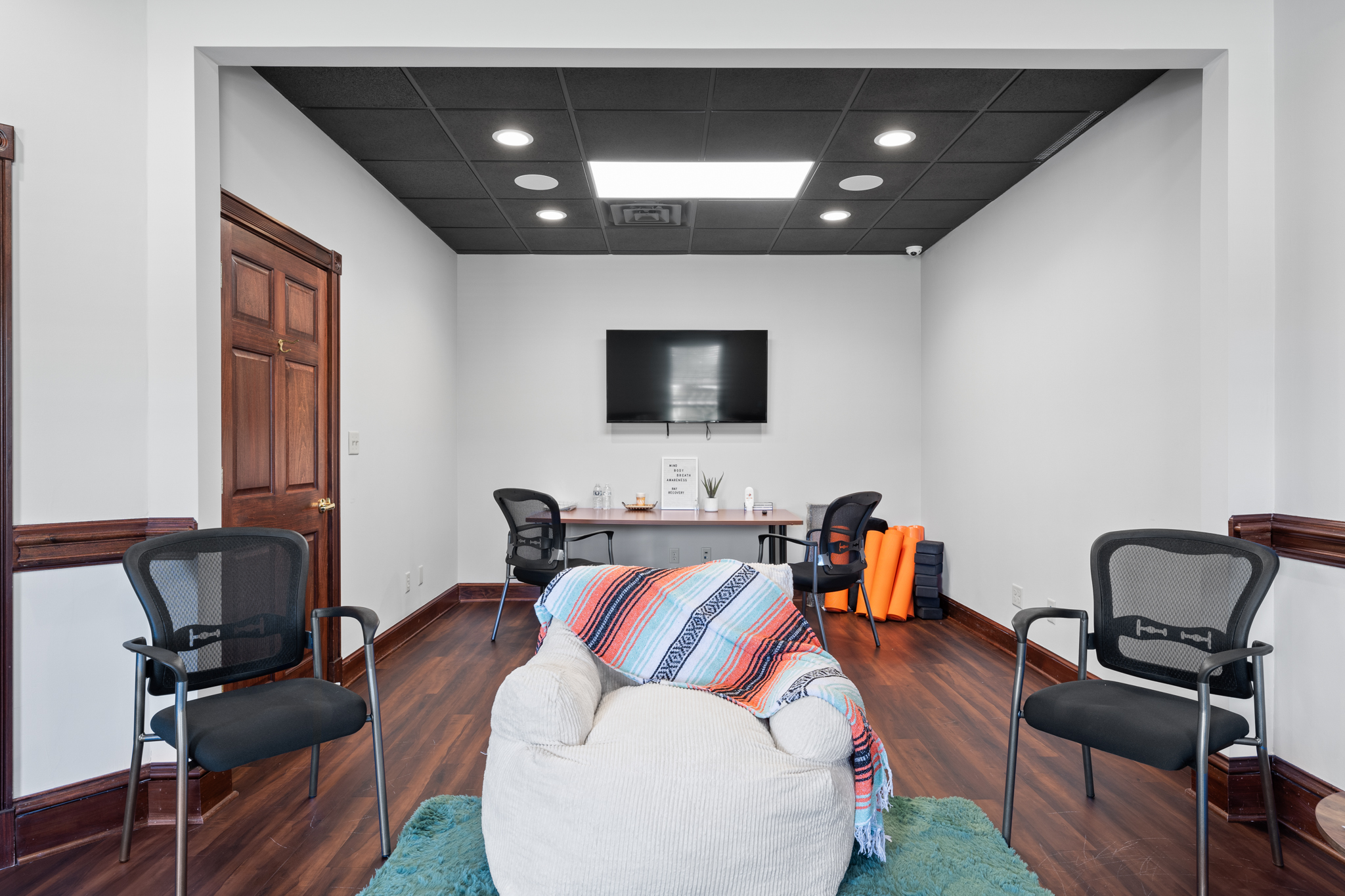
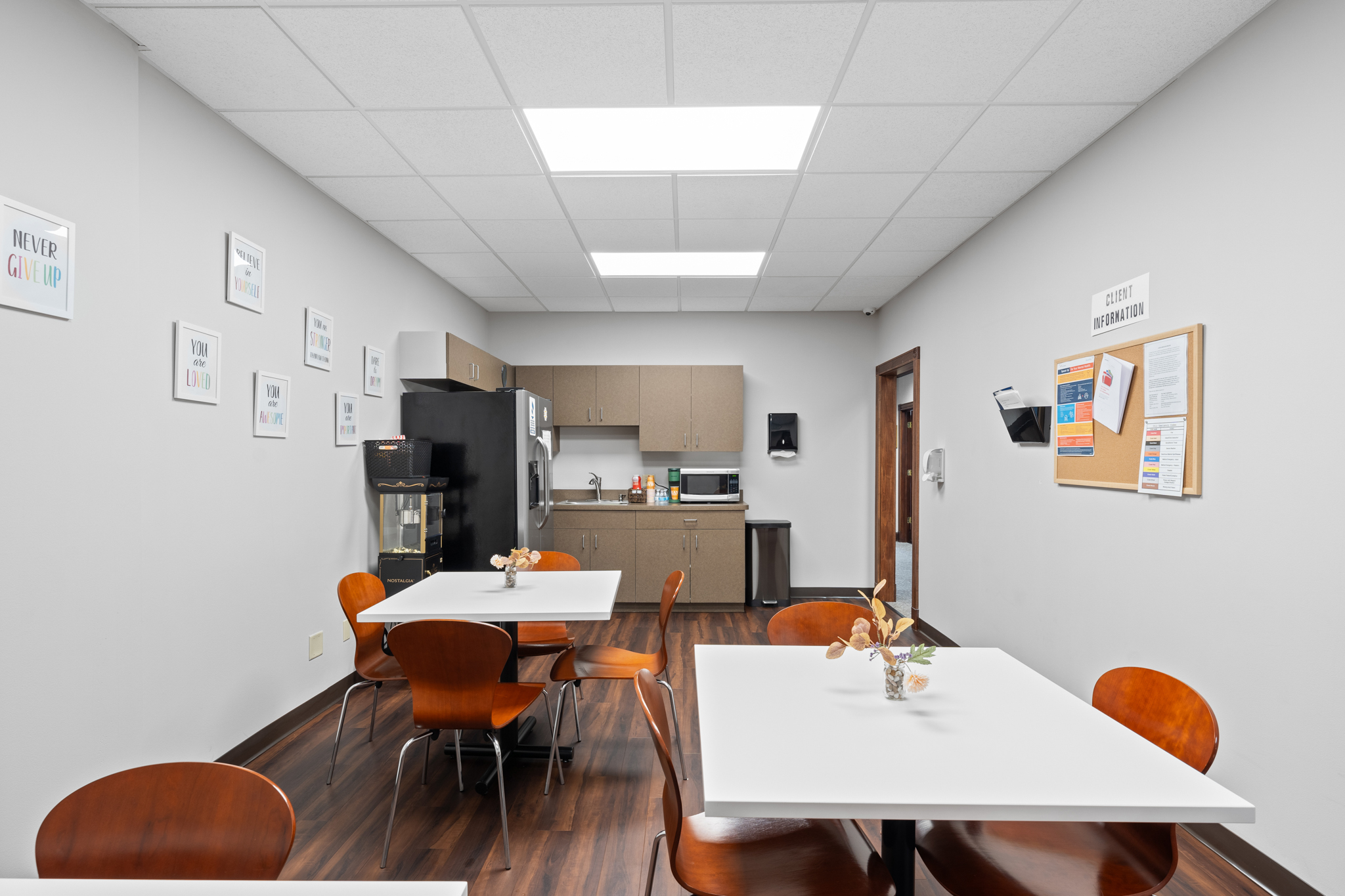
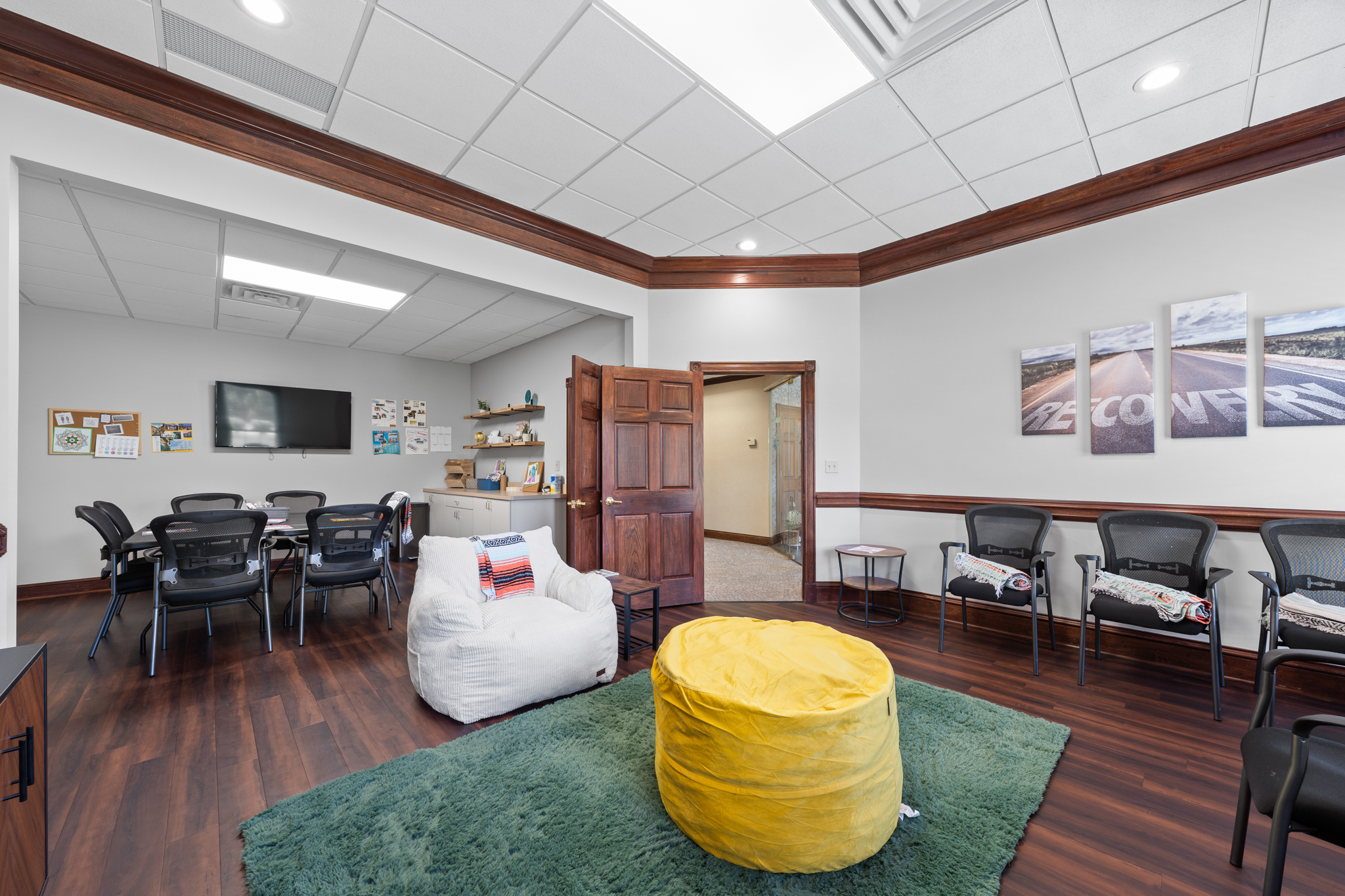
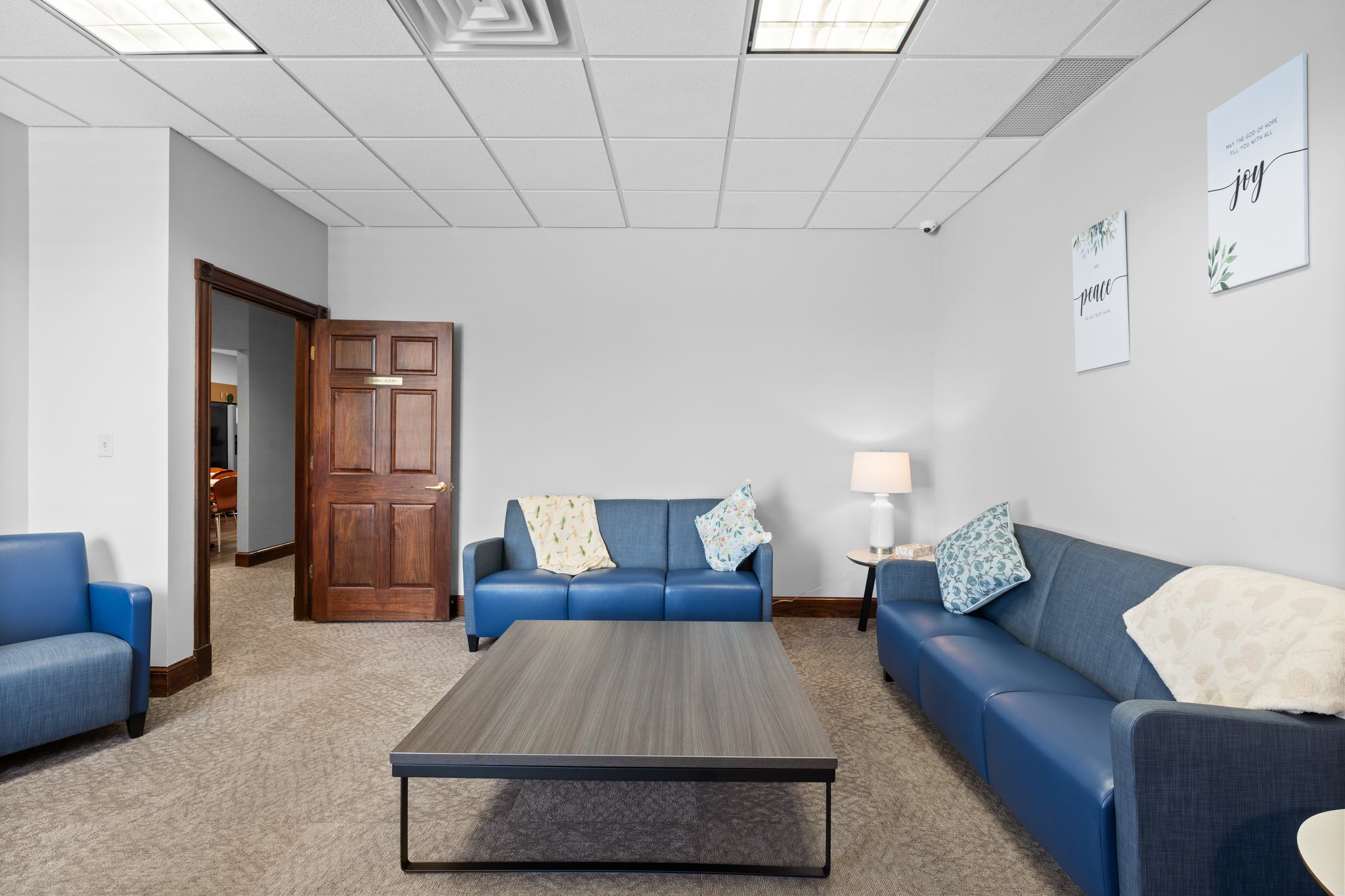
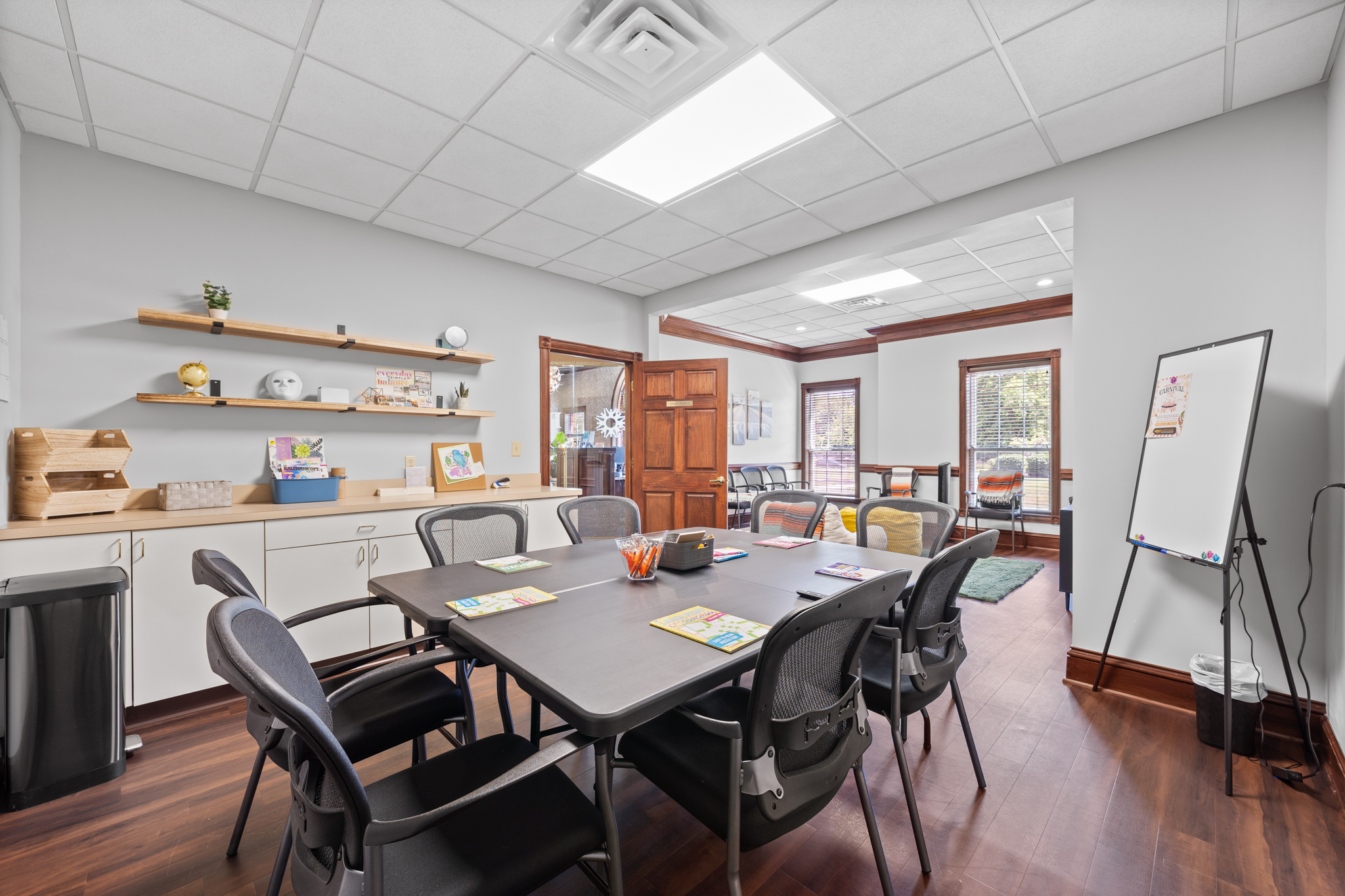

Request A Callback
"*" indicates required fields
How to Know if I Could Use Pain Pill Addiction Treatment?
While there are a variety of prescription drugs that can cause addiction, including stimulants like Ritalin and Adderall, and benzodiazepines like Valium and Xanax, it is surely prescription opioids that get the most press. While no addictive substance should be taken lightly, opioids’ infamy is, to a great degree, deserved because of the number of deaths in which they’re implicated each year.
What makes opioids so powerful? They imitate the brain’s own pain-relief chemicals known as endorphins, reducing the intensity with which the brain can signal to the nervous system that you are in pain. At the same time, they can dangerously reduce vital nervous system functions like heart rate and breathing. Needless to say, if you’ve developed a dependence on opioids, it’s key to get help right away to avoid this dangerous potential outcome. Here are a few signs that help with opioid dependence might be in order:
- You’re living with physical dependence on an opioid drug or drugs, meaning that if you try to cut back or quit, you go into withdrawal and experience symptoms like sweating, headaches, or cravings.
- Tolerance is growing the longer you use opioids, meaning you’re craving or actually using more and more of the drugs in order to get the same effects.
- You feel you must pursue opioids at any cost, including by lying or obtaining them illegally.
- There’s been a significant change in your basic functions such as sleep, hygiene, or sex.
- You’ve lost a lot of weight in a short time, not attributable to other causes such as physiological disease.
- You’ve become isolated from family, friends, or coworkers and may be experiencing a significant decline in performance at work, school, or pursuing hobbies.
- It’s difficult to stay awake, feel alert, or maintain engagement with what you’re doing.
Get Help With Prescription Drug Addiction Treatment at Ray Recovery in Hudson, Ohio
Don’t wait another day if you or a loved one is experiencing opioid or other prescription drug addiction symptoms. You’re not alone in this struggle, and the caring team at Ray Recovery is eager to help you take the first step toward regaining safety and agency in your life by getting free from addictive substances. Call us at 888.598.6299 or reach out online to learn more about your options for treatment and lasting sobriety.

